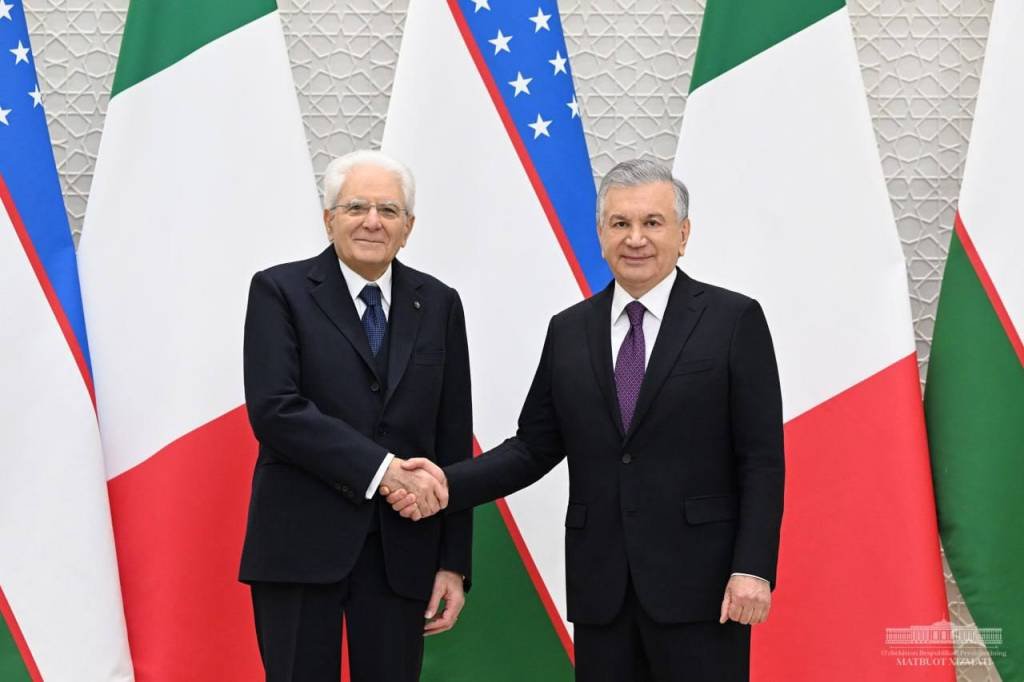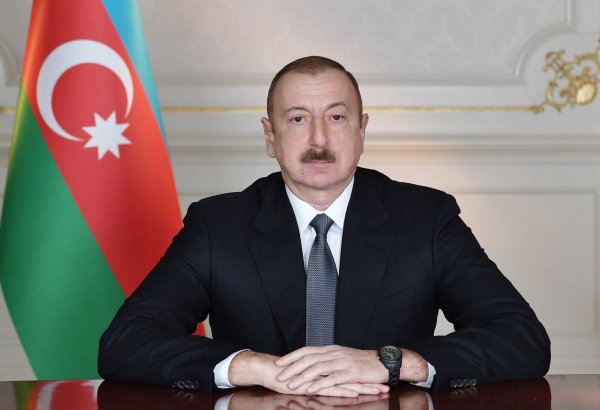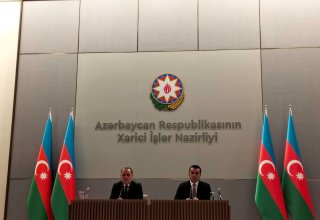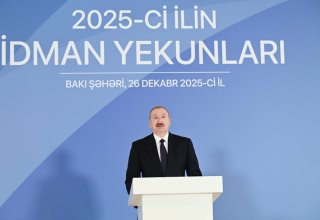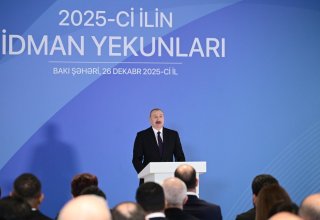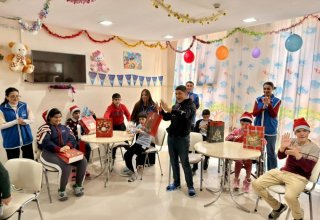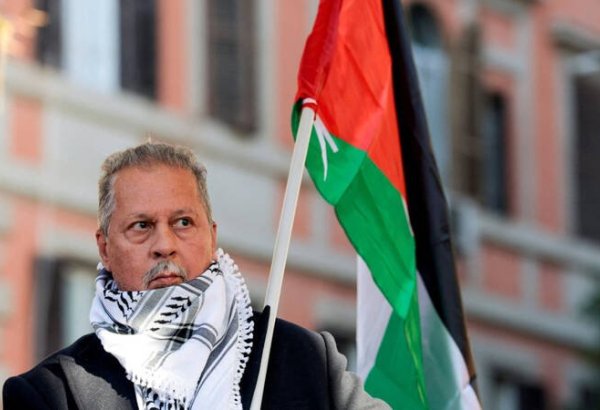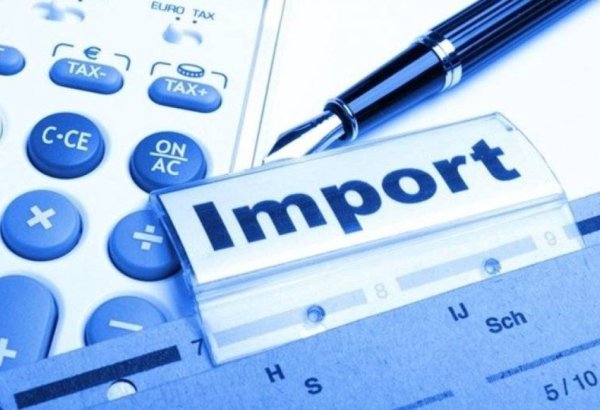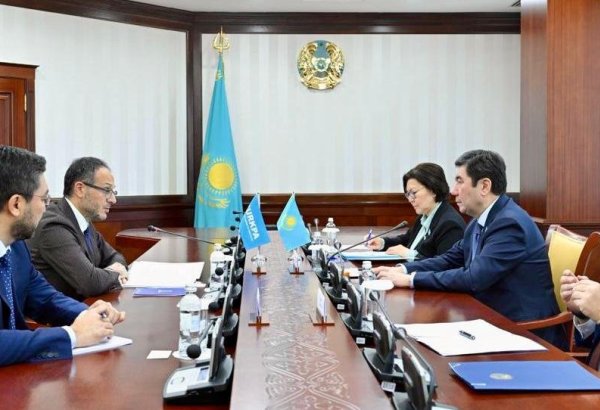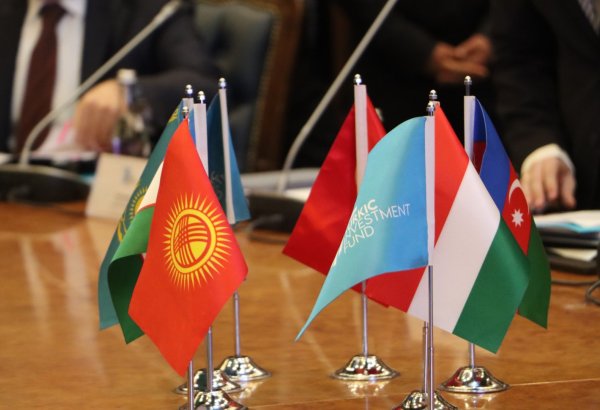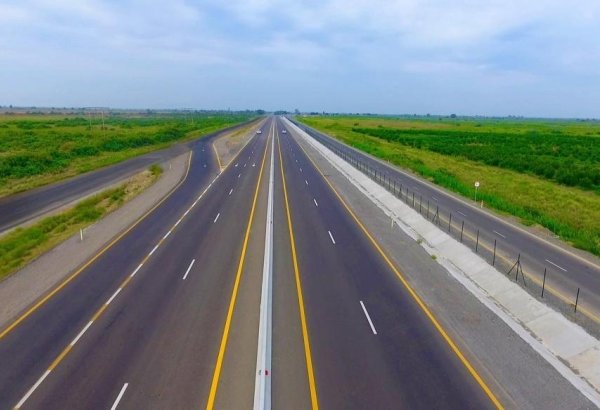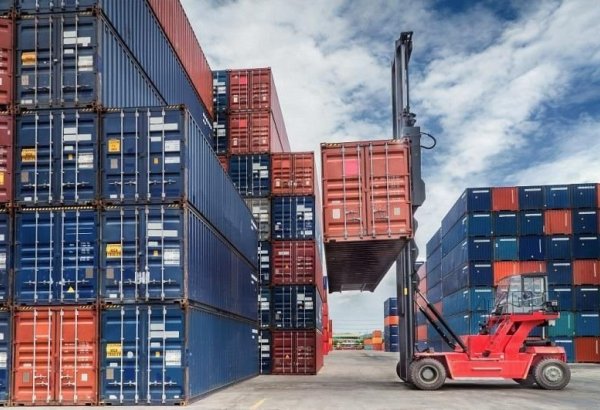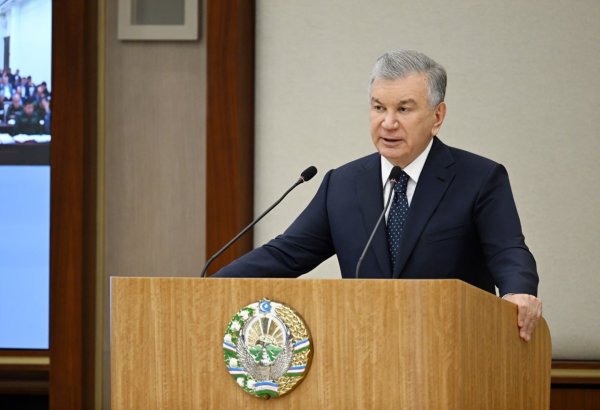Uza. The President of the Republic of Uzbekistan Shavkat Mirziyoyev and the President of the Italian Republic Sergio Mattarella held bilateral talks at the Kuksaroy Residence.
The President of Uzbekistan warmly welcomed the distinguished guest and noted that the current visit of the President of Italy is an essential event in developing relations between Uzbekistan and Italy.
Sergio Mattarella sincerely thanked the Leader of Uzbekistan for the invitation and warm welcome to the Italian delegation.
The President of Italy noted the strong support for irreversible reforms in New Uzbekistan and highly appreciated the efforts of Uzbekistan to ensure stability and deepen integration in Central Asia.
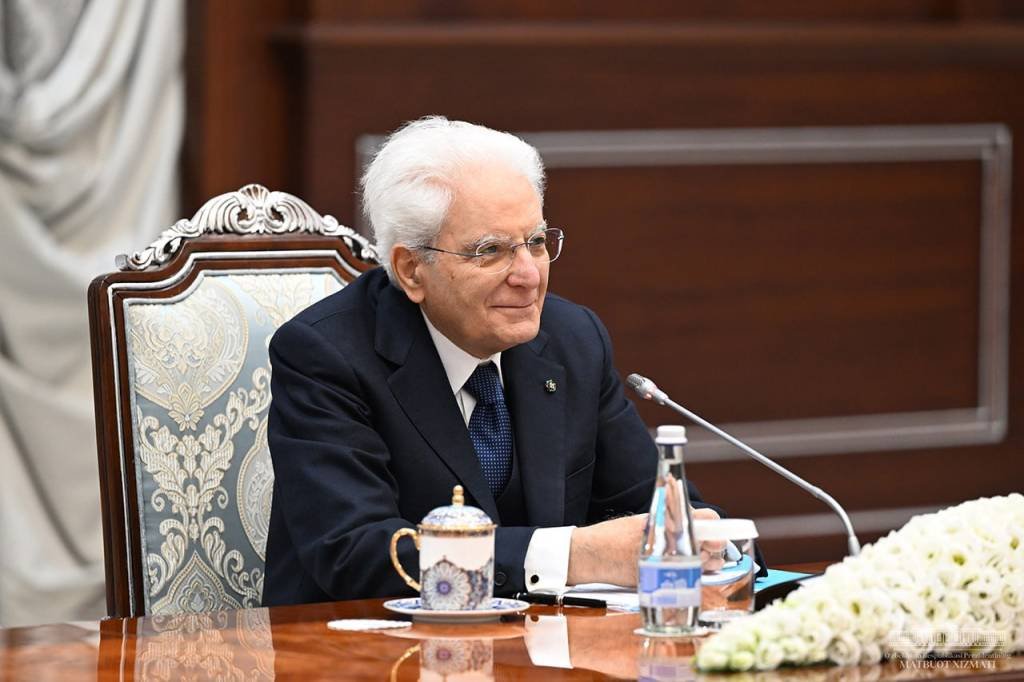
Issues of further enhancing bilateral strategic partnership and multifaceted relations in priority areas were discussed.
Particular attention was paid to the practical implementation of the agreements reached during the official visit of the President of Uzbekistan to Italy in June this year.
The heads of state emphasized the importance of continuing active contacts between parliaments and foreign affairs agencies.
An agreement was reached to hold the first meeting of the Strategic Dialogue at the level of heads of foreign affairs agencies next year.
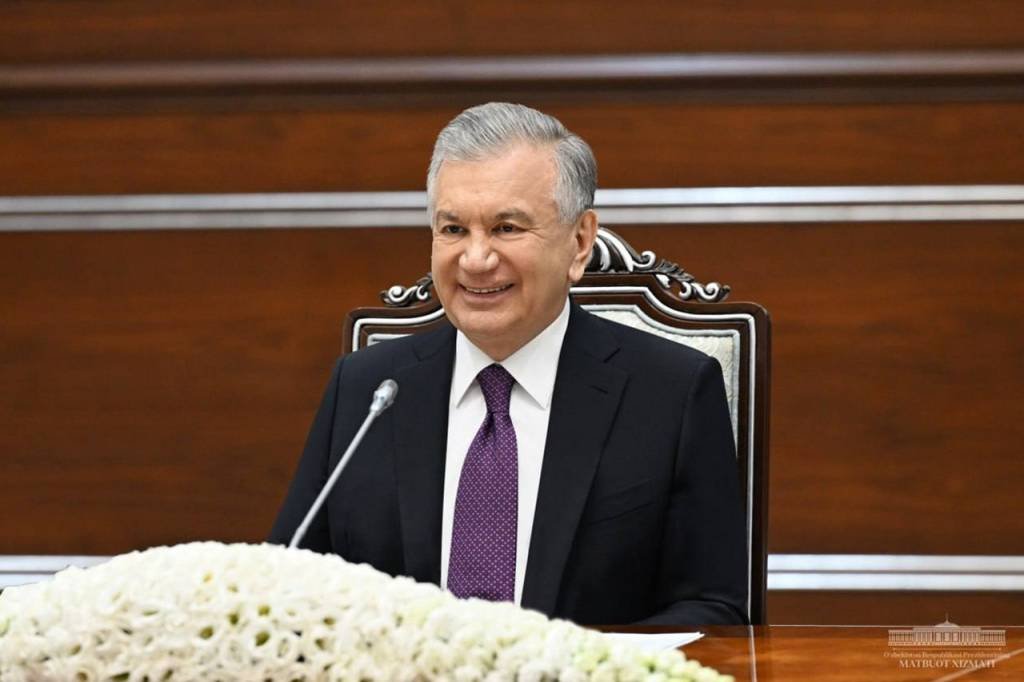
Active contacts will continue within the framework of the “Central Asia – Italy” dialogue.
In economic cooperation, since the beginning of this year, mutual trade turnover has increased by 30 percent. The portfolio of joint projects amounted to 9 billion euros.
To further develop trade relations, it was proposed to develop a Comprehensive Trade Facilitation Program.
Examples of successful cooperation with leading Italian companies in the metallurgical, energy, electrical, agricultural, and other industries were noted.
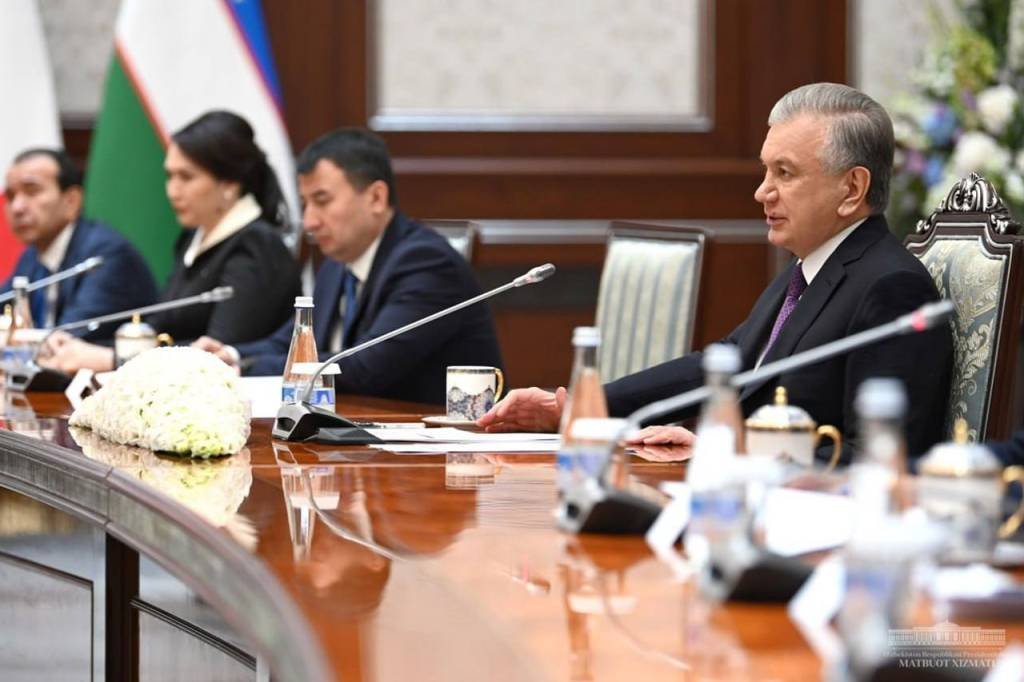
Interest was expressed in attracting leading Italian high-tech companies to participate in projects to modernize the national economy.
The parties welcomed the opening of the Industry Association “Confindustria Uzbekistan” in Tashkent city, which will contribute to deepening industrial cooperation.
An agreement was reached on preparing proposals for new areas and localization projects within the framework of the current Intergovernmental Group.
Italy’s readiness to support Uzbekistan’s early accession to the World Trade Organization and the adoption of the Enhanced Partnership Agreement with the European Union was expressed.
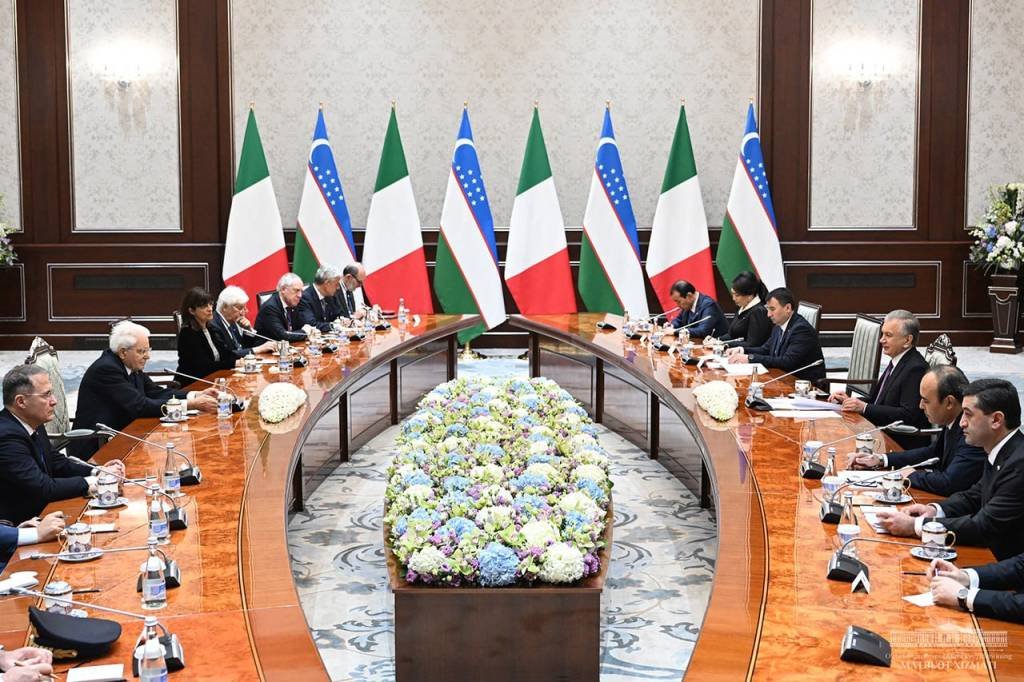
The importance of stimulating direct contact between the two countries’ regions was noted. In this regard, it was proposed to establish a Forum of Regions of Uzbekistan and Italy and hold its first meeting in Samarkand next year.
In addition, the prospects for developing cultural and humanitarian cooperation were discussed in detail.
One example of successful interaction is the activity of the branch of the Turin Polytechnic University in Tashkent.
Based on this leading university, the Center for the Transfer of Advanced Italian Technologies will be launched next year.
The growing interest in learning the Italian language in Uzbekistan was emphasized with satisfaction. The unanimous opinion was expressed on the importance of teacher training and the gradual introduction of Italian language teaching in Uzbekistan’s schools.
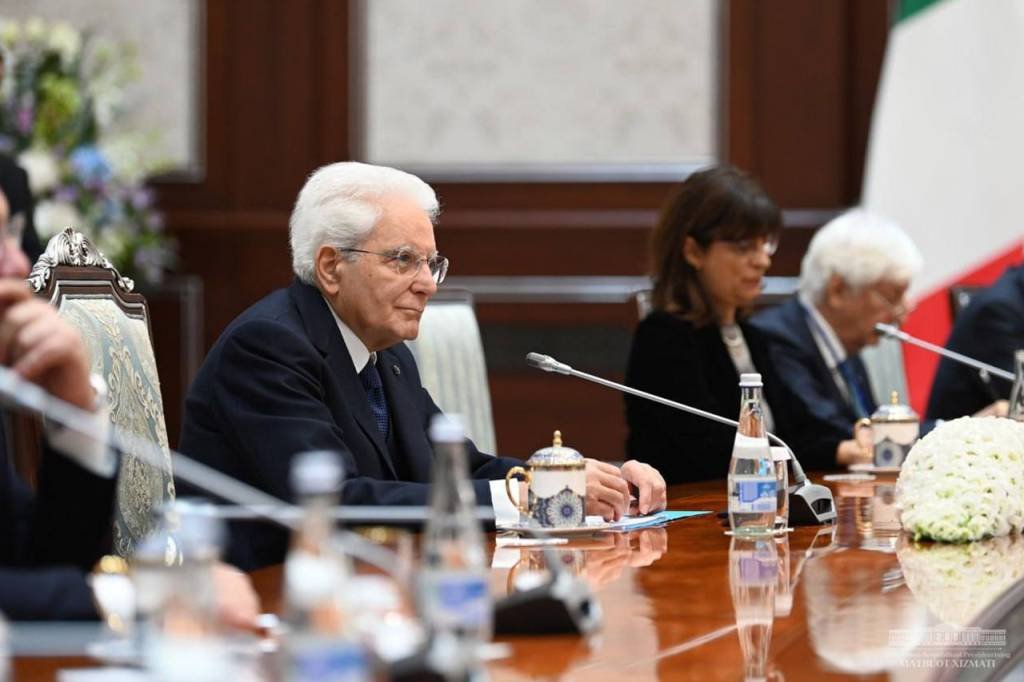
In addition, plans to hold joint exhibitions of fine art in Italy were discussed.
To get acquainted with the rich, unique cultural and historical heritage, Culture, Cinema and Tourism Days of Uzbekistan and Italy will be held in both countries next year.
The archaeological research conducted by the joint team of the Samarkand Institute of Archeology and the universities of Bologna and Naples was highly appreciated.
The heads of state noted the need for expanding academic exchanges and holding a joint Educational Forum.
Views were exchanged on issues of the international and regional agenda and continuing cooperation in combating common challenges and security threats.








